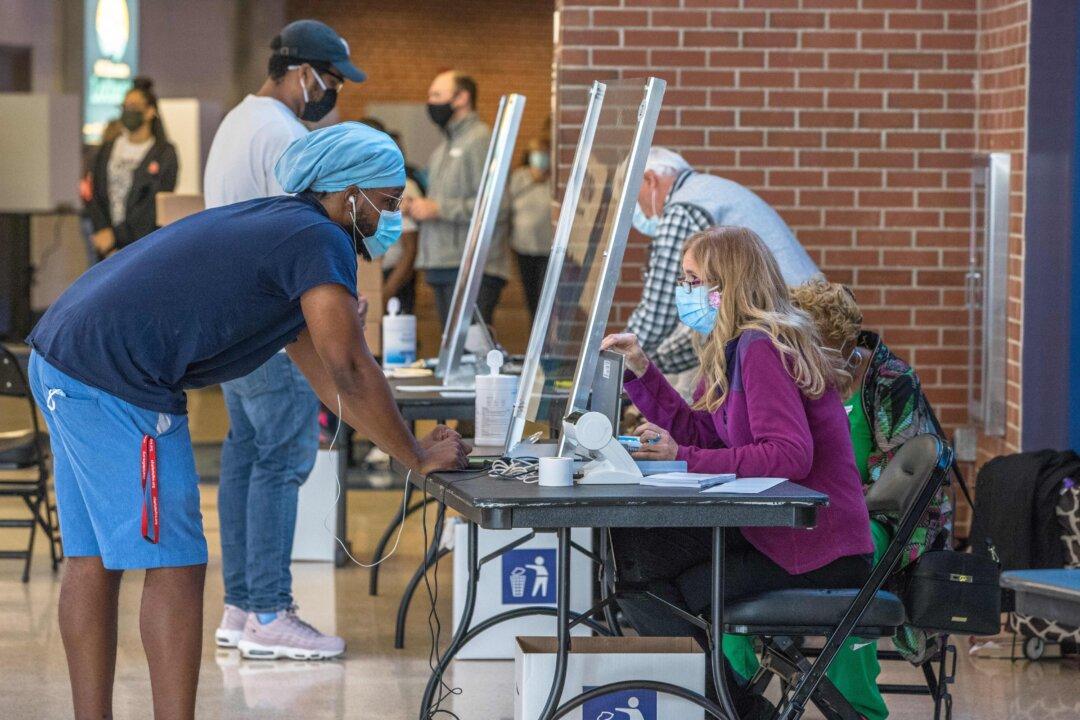As courts and government officials across the nation relax voting rules in response to the pandemic, the nation’s foremost electoral integrity group, True the Vote, is fighting to protect the sanctity of the ballot box in the Nov. 3 elections, its founder said in an exclusive interview.
“We are living in a blockbuster movie,” Catherine Engelbrecht told The Epoch Times. “This is crazy, what’s happening.”





